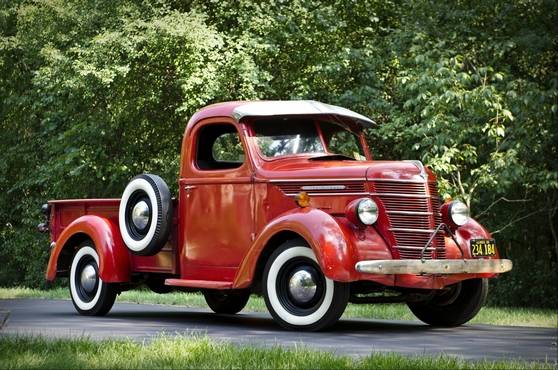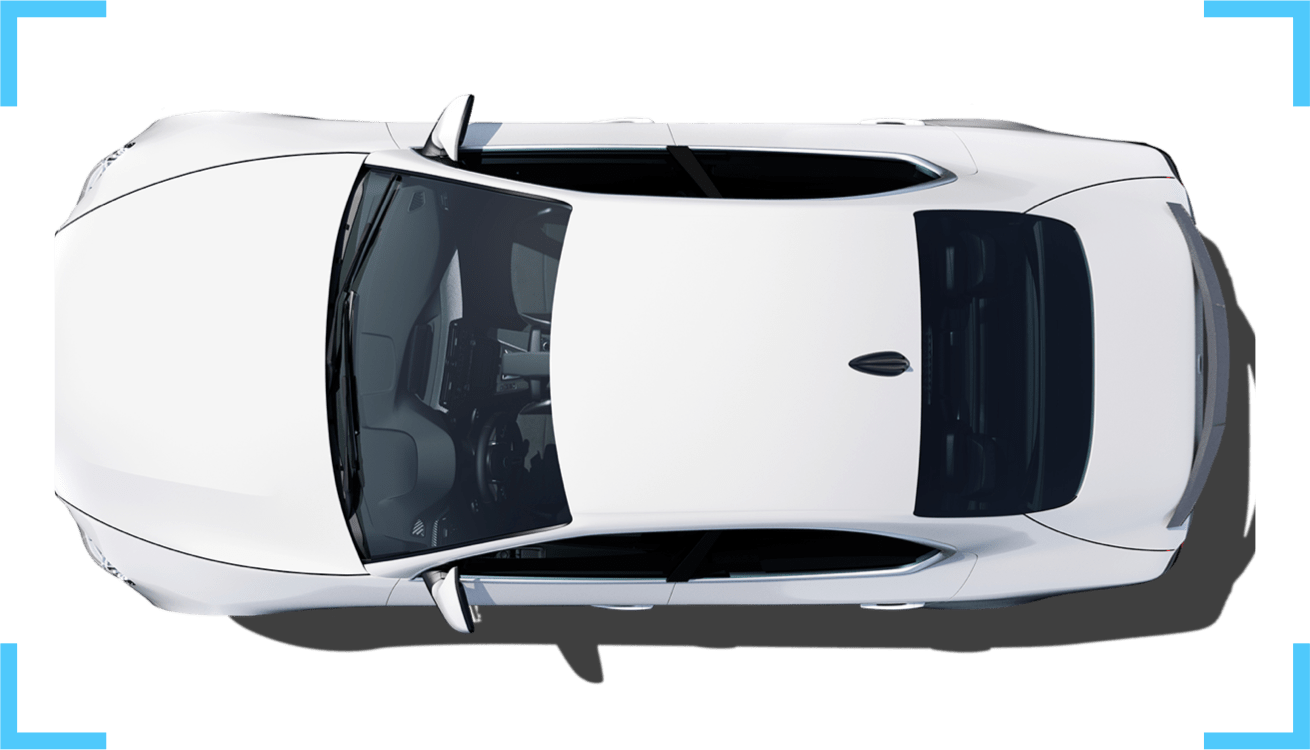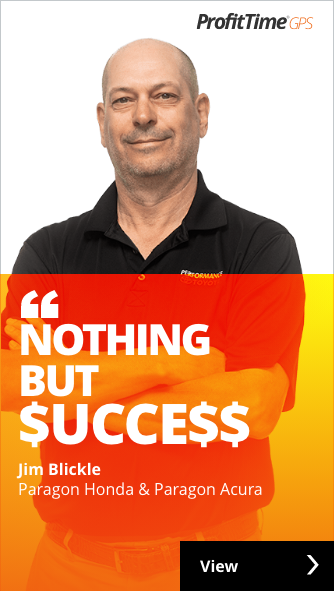Dealers As Hunter-Gatherers Or Farmers—Where Do You Stand?
Here’s a question that’s had me thinking: Has the evolution of the automotive retail business reached a point where dealers need to stop hunting and start farming?
 The question came to mind during a conversation with an industry analyst. He offered an anthropologist-type view of the industry—some dealers are hunter-gatherers, while others appear to have advanced to more agrarian or farmer-like modes of operation.
The question came to mind during a conversation with an industry analyst. He offered an anthropologist-type view of the industry—some dealers are hunter-gatherers, while others appear to have advanced to more agrarian or farmer-like modes of operation.
To explain his view, the analyst shared two philosophies that guide distinct types of investors.
The first philosophy, known as “market timing,” has investors aiming for one-off opportunities that, because of market changes, offer quick-hit potential to maximize their returns on investment (ROI). This approach can yield big returns but it carries sizable risks and, by its nature, is a less-efficient investment strategy.
The analyst considers this investment philosophy akin to the traditional way dealers have managed their used vehicle inventories. For these dealers, the age of vehicles is less important than finding a buyer willing to pay the maximum front-end gross profit they expect on any given vehicle. Like hunter-gatherers, the dealers encounter periods of feast or famine, depending on their ability to find buyers. Unlike hunter-gatherers of the past, though, most dealers cannot pull up stakes and move to another area where buyers (or live game) might be more plentiful.
The second philosophy, known as “dollar-cost averaging,” emphasizes the execution of a consistent investment strategy over a longer course of time. Most of us, I think, typically follow this investment philosophy with our retirement portfolios—we align a mix of investments and risk to our strategy and seek a long-term, positive gain as we ride ups and downs the market.
The analyst likens this investment philosophy to the market-focused approach many dealers have undertaken in used vehicles. These dealers are like farmers, selecting a specific, strategy-based mix of vehicles (or crops) that will yield the best return given local market conditions. These dealers, like farmers, can be opportunistic on occasion, but their profitability rests on consistently and efficiently executing their strategy over time.
As we discussed the analyst’s view, we recognized that many dealers actually embody a blend of both types of investment philosophies in their used vehicle departments. Some dealers operate like hunter-gatherers as they set above-market prices for “fresh” used vehicles that don’t necessarily deserve the profit-prime market position. The hope, of course, is that the pricing decision, timed to reflect their desire for maximum gross profit on a “fresh” car, will yield a buyer willing to pay the premium.
But as the vehicles inevitably age, the dealers shift to a more farmer-like mode. They mine the market and readjust prices as they wind down their expectations for front-end gross profits and wind up their desire to sell the vehicle before it becomes a money-loser.
We then asked ourselves if there were any dealers who might truly follow the “dollar-cost averaging” or farmer-like philosophy in its purest form.
The analyst and I quickly realized that dealers who have adopted one-price or limited negotiation strategies in their used vehicle departments would qualify as automotive retail farmers in today’s market.
First, their strategy rests on a long-term view—they haven’t adopted one-price/limited negotiation environments as a quick fix; the dealers believe their strategy is right for customers today and tomorrow.
Second, the strategy emphasizes efficiencies and customer satisfaction. The dealers waste no time pricing every “fresh” car to its correct market “sweet spot,” and their showroom processes give sales associates the ability to close more deals in less time. In addition, the dealers believe that as their processes satisfy customers, they’ll see higher levels of repeat and referral business.
As the analyst and I wrapped up our conversation, we both predicted that the “dollar-cost averaging” or farmer-like philosophy would likely be the dominant operational model for dealers in the coming months and years.
The prediction flows from recognition that while many dealers may blend the two investment philosophies in their used vehicle operations today, the duality will eventually become counter-productive in the face of an ever-increasing need for improved efficiencies and sales throughput.
The analyst closed our discussion with an appropriate take-away quote: “If dealers were cavemen, it seems time to put down the club and pick up a plow.”
The post Dealers As Hunter-Gatherers Or Farmers—Where Do You Stand? appeared first on Dale Pollak.

















